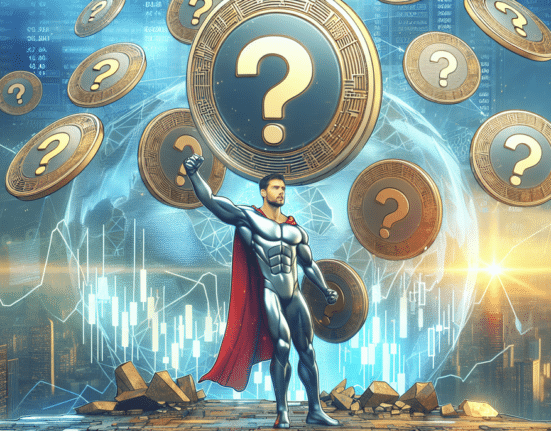The US Congress has expanded on its desire to regulate cryptos and other digital assets after careful examination. The legal ambiguity surrounding digital assets has become a major cause of concern in several global economies. The recent Terra collapse, in which the cryptocurrency market lost $15 billion, has only highlighted the necessity for regulation.
In response to the crypto market’s concerns, the 118th Congress proposed 50 bills and resolutions addressing governance, blockchain, and CBDCs. This decision has been reached after months of speculation. However, the draft legislation on stablecoins and the strategy for digital asset regulation are not included in this historic decision.
The Bill Includes
In recent years, blockchain technology has unquestionably brought new regulatory concerns. Ransomware and cryptocurrency’s role in Russia’s recent invasion of Ukraine are two examples. According to estimates, Ukraine got millions in bitcoin donations during the armed conflict, while Russia used cryptocurrencies to avoid economic sanctions. Government regulators now have more possibilities for regulatory action thanks to the recent growth in NFT trading and DeFi technologies.
The first category of laws, according to Forbes, is crypto taxation, which has seen numerous bills approved. The Virtual Currency Tax Fairness Act of 2022 was introduced by senators from both parties (Republicans and Democrats).
The Act exempts personal transactions involving virtual currency that result in earnings of less than $200. The Safe Harbor for Taxpayers with Forked Assets Act of 2021 was presented by Congressman Tom Emme. Under this Act, any amount received in forked convertible virtual currency would be exempt from gross income.
Central Bank Digital Currencies (CBDC) is the second group, which includes a huge number of banknotes. El Salvador has submitted a law to investigate the impact of Bitcoin adoption (The Accountability for Cryptocurrency in El Salvador Act).
The Act would investigate El Salvador’s legalization of Bitcoin and its implications for the US and the world economy. The E-Cash Act, for example, proposes to create a digital money.
Finally, regulatory clarification for digital currencies and digital asset instruments falls under the third category. For example, the Blockchain Regulatory Certainty Act protects developers of “noncontrolling” blockchain products and services. The Token Taxonomy Act was introduced to address the SEC’s concerns about digital assets and digital asset securities.
Related Posts – The Indian Finance Minister hails blockchain technology















